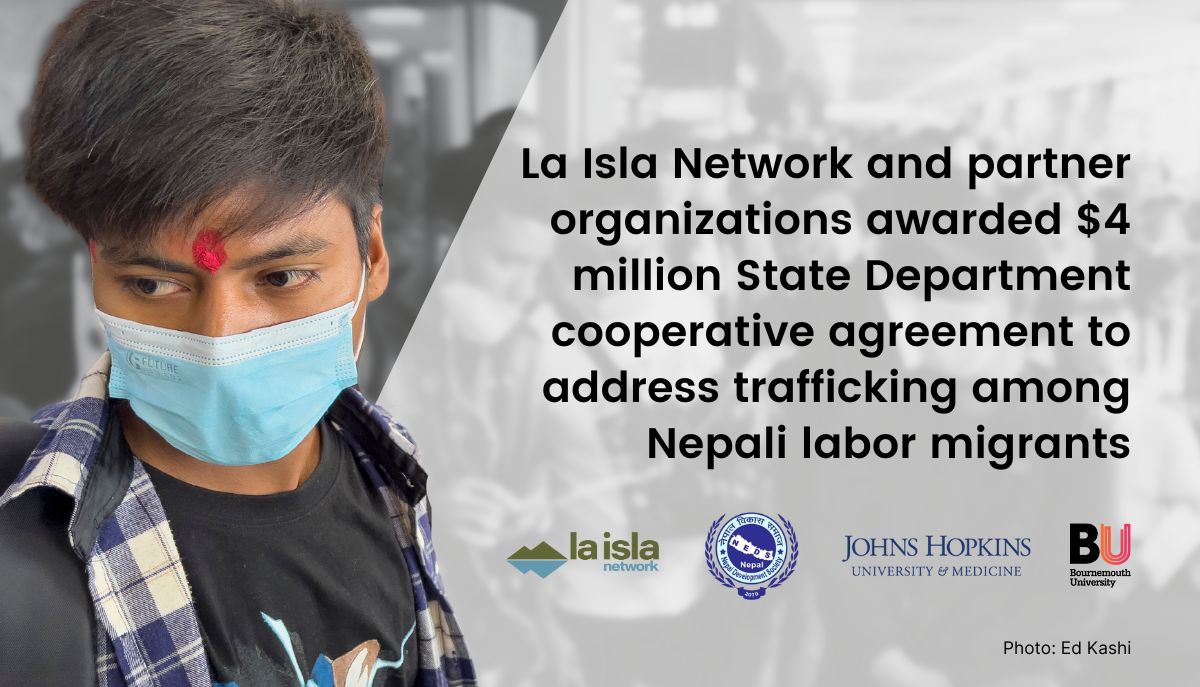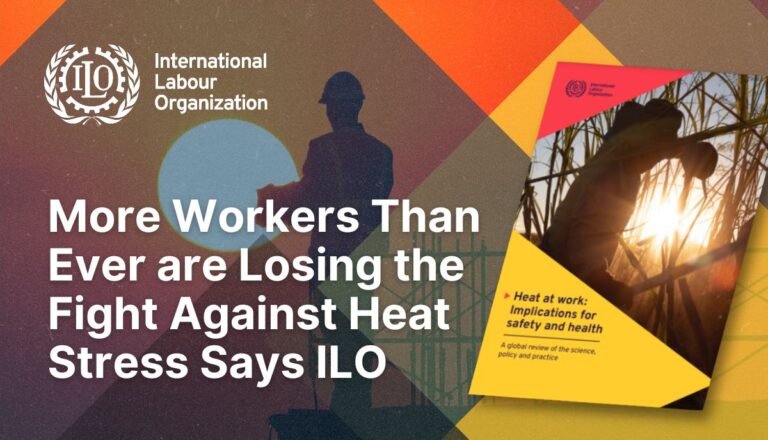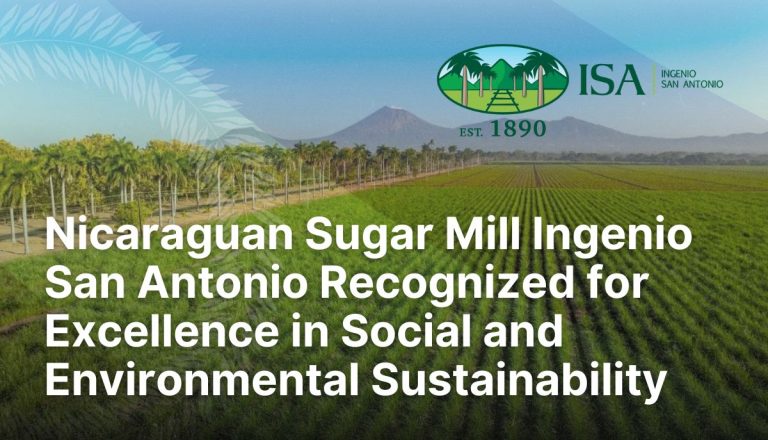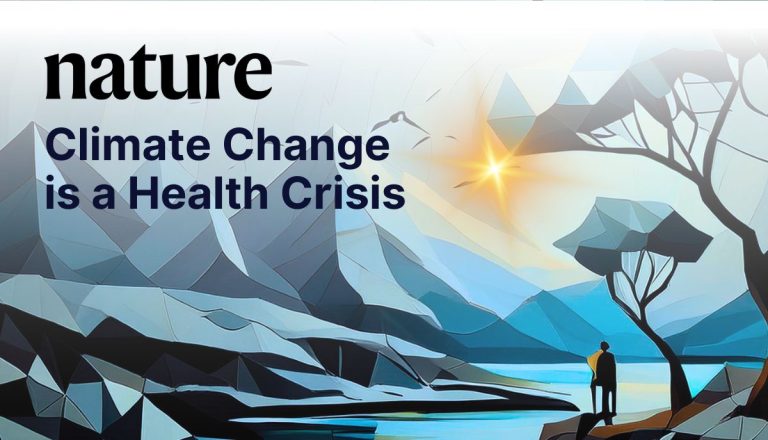La Isla Network, the Johns Hopkins University Bloomberg School of Public Health, Nepal Development Society and Bournemouth University are leading the first-ever international effort to research and address trafficking among Nepali labor migrants. The work is funded by a $4 million cooperative agreement awarded by the U.S. Department of State’s Office to Monitor and Combat Trafficking in Persons, International Programs.
The intervention is the first of its kind to address trafficking among Nepali labor migrants through the effort of an international cohort of research organizations. Nepalis have long known the bind in which labor migration puts them. Even so, attention has not always been directed to the issue, much less so the action and resources to intervene.
That began to change in 2010, when Qatar won the right to host the 2022 FIFA World Cup. Migrant laborers constituted the workforce needed to build the infrastructure for the World Cup. Nepali migrant laborers formed the largest share of that workforce. In 2020 alone, 30,000 Nepali migrant laborers went to Qatar to work.
That kind of work is essential to Nepalis willing to do it, but it came at a high cost for many. Even with a plethora of laws regulating recruitment and work conditions, Nepali migrant laborers faced extreme heat for hours on end. Between 2011 and 2020, an estimated 6,500 migrant laborers died, including 1,641 Nepali migrant laborers, making it the deadliest sporting event construction project in recent memory.
Of those who didn’t die in the heat, many succumbed to a disease known as chronic kidney disease of non-traditional causes (CKDnt), slowly chipping away at their lives and only momentarily ameliorated by dialysis. “THE DANGEROUS GAME,” is what TIME Magazine called the 2022 FIFA World Cup, which directed unprecedented attention to the atrocious conditions that Nepali migrant laborers face.
Given this, the stakes of the situation are at an all-time high. CEO and co-founder of La Isla Network Jason Glaser said, “This cooperative agreement allows us to ask and answer important questions. What health and socioeconomic factors put workers at risk of trafficking, and subsequent labor exploitation? What are the impact of those adverse situations on them, their families and their communities? What about the large-scale burden this puts on countries that rely on fair and just international labor markets? Finally, what can we do about it? Because our goal here is to protect lives and livelihoods.”
For Dinesh Neupane, scientist at Johns Hopkins and Founding Chairperson of Nepal Development Society, the issue hits close to home. “Every day, Nepali migrant workers are losing their lives abroad, and the arrival of their coffins has tragically become an all-too-familiar occurrence at Nepal’s Tribhuvan International Airport. Hundreds of thousands of Nepali migrant workers fall victim to trafficking each year, leading to dire outcomes such as illness, injury, and even death. The drive to prevent these entirely avoidable deaths and disabilities has always been close to my heart,” he said.
Neupane continued, “As part of this project, we will be conducting a comprehensive situation analysis and developing and testing an intervention model by involving various stakeholders, including the victims of trafficking. Our goal is to create a model that not only addresses the immediate issues but also promises sustainability and scalability, offering hope and protection to the migrant workers who deserve a safer and brighter future.”
La Isla Network Senior Development Economist Heath Prince said, “The push and pull factors that lead to a decision to migrate are myriad and are the subject of multiple studies. Less studied, and not as well understood, are the physical and economic consequences of migrating via formal or informal routes. To what extent are Nepali migrants who take informal routes more susceptible to exploitation and trafficking? Do they suffer health consequences at different rates from those who take formal routes? How do the economic outcomes between the two groups differ? These are just a few of the questions we will address with this project. Answers to these questions will inform the creation of scalable interventions designed to reduce harm to migrants and their communities.”
Dr. Pramod Regmi of Bournemouth University said, “Our interdisciplinary team at BU are very excited to work with our US and Nepal colleagues to develop feasible and culturally appropriate interventions that will help reduce risk, harm, and vulnerability to labor migrants and their communities. This grant also contributes to strengthening some of our previous work on the health and well-being of Nepali migrant workers.”
La Isla Network is the leading global research nonprofit and consultancy dedicated to improving the resiliency of workforces and supply chains in the face of changing climates. For more information, contact La Isla Network via email at in**@la***********.org.
This press release was funded by a grant from the United States Department of State. The opinions, findings and conclusions stated herein are those of the author(s) and do not necessarily reflect those of the United States Department of State.








